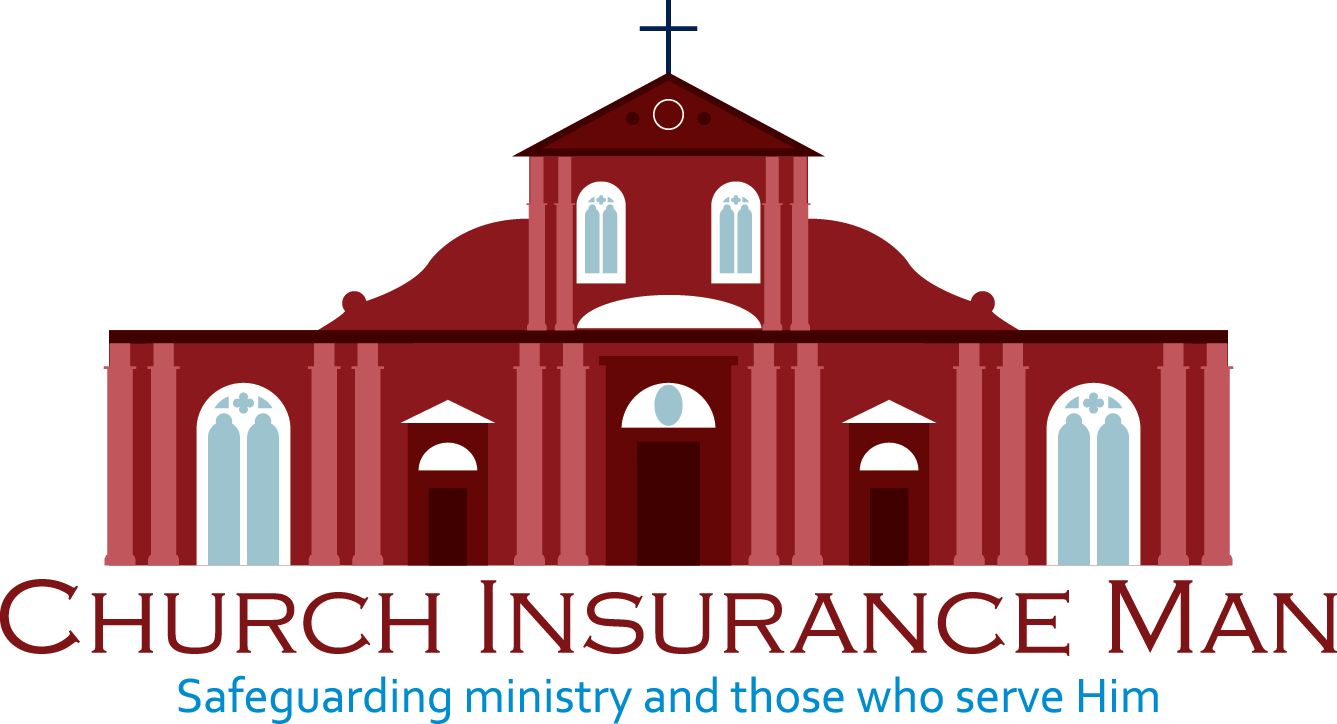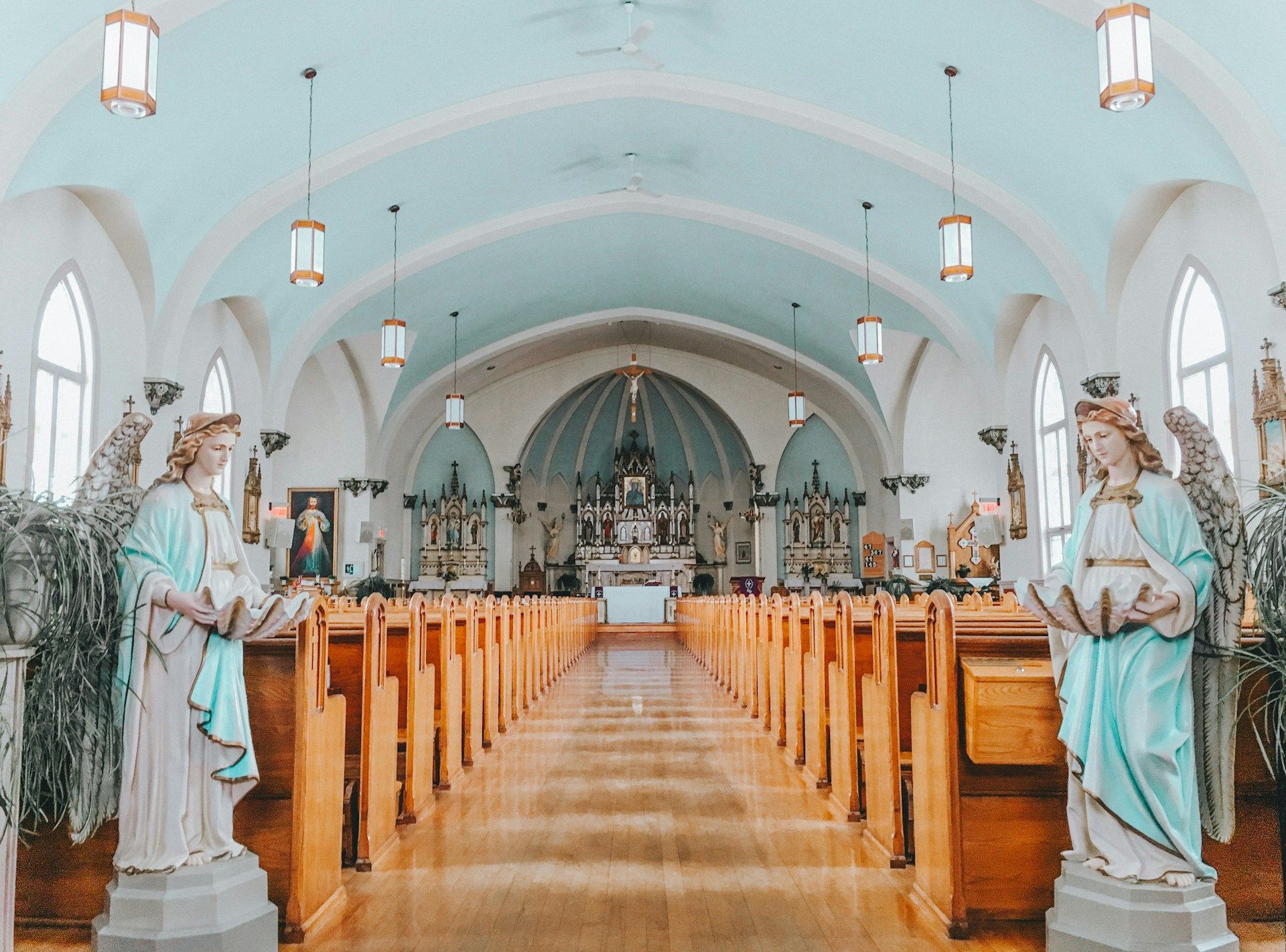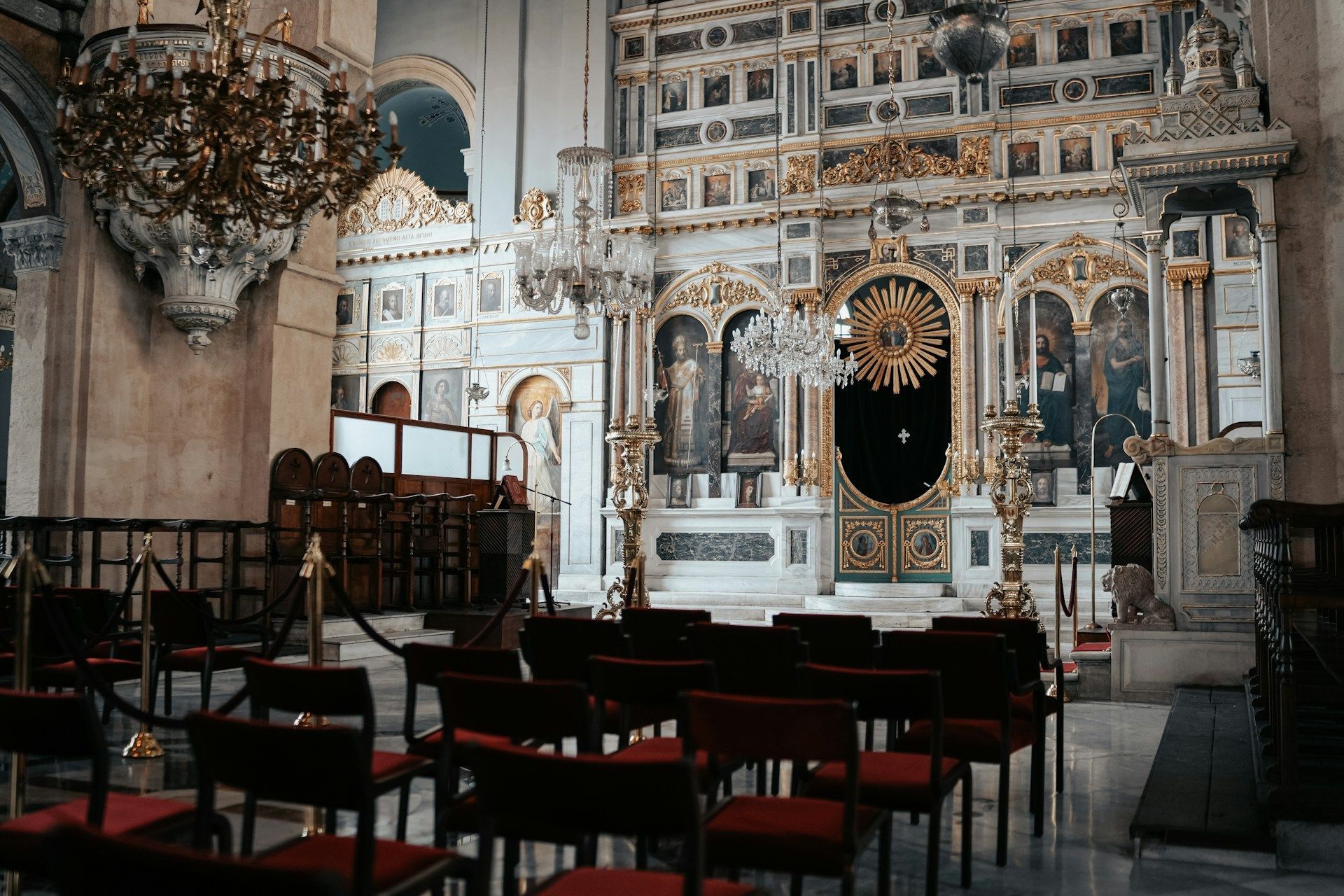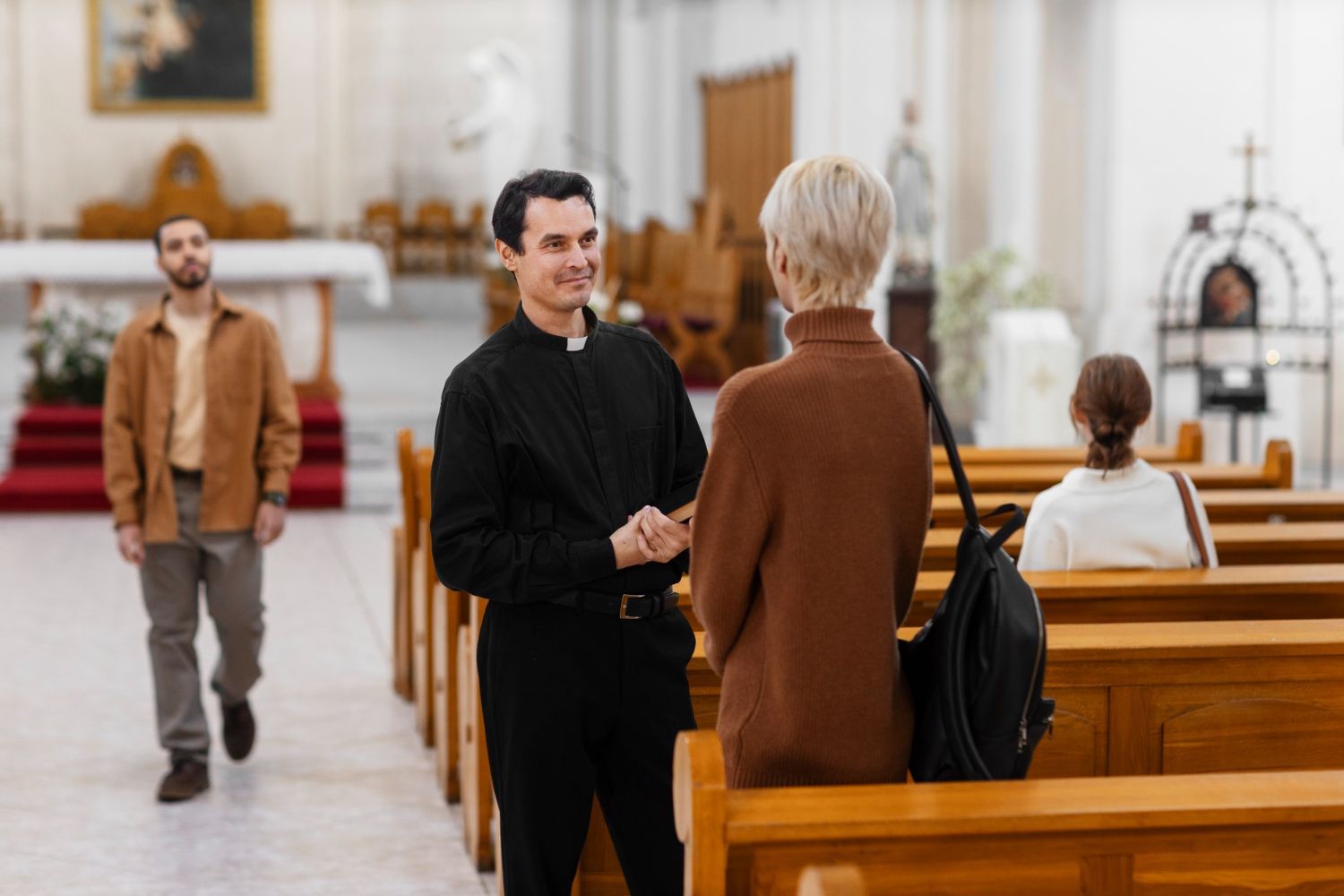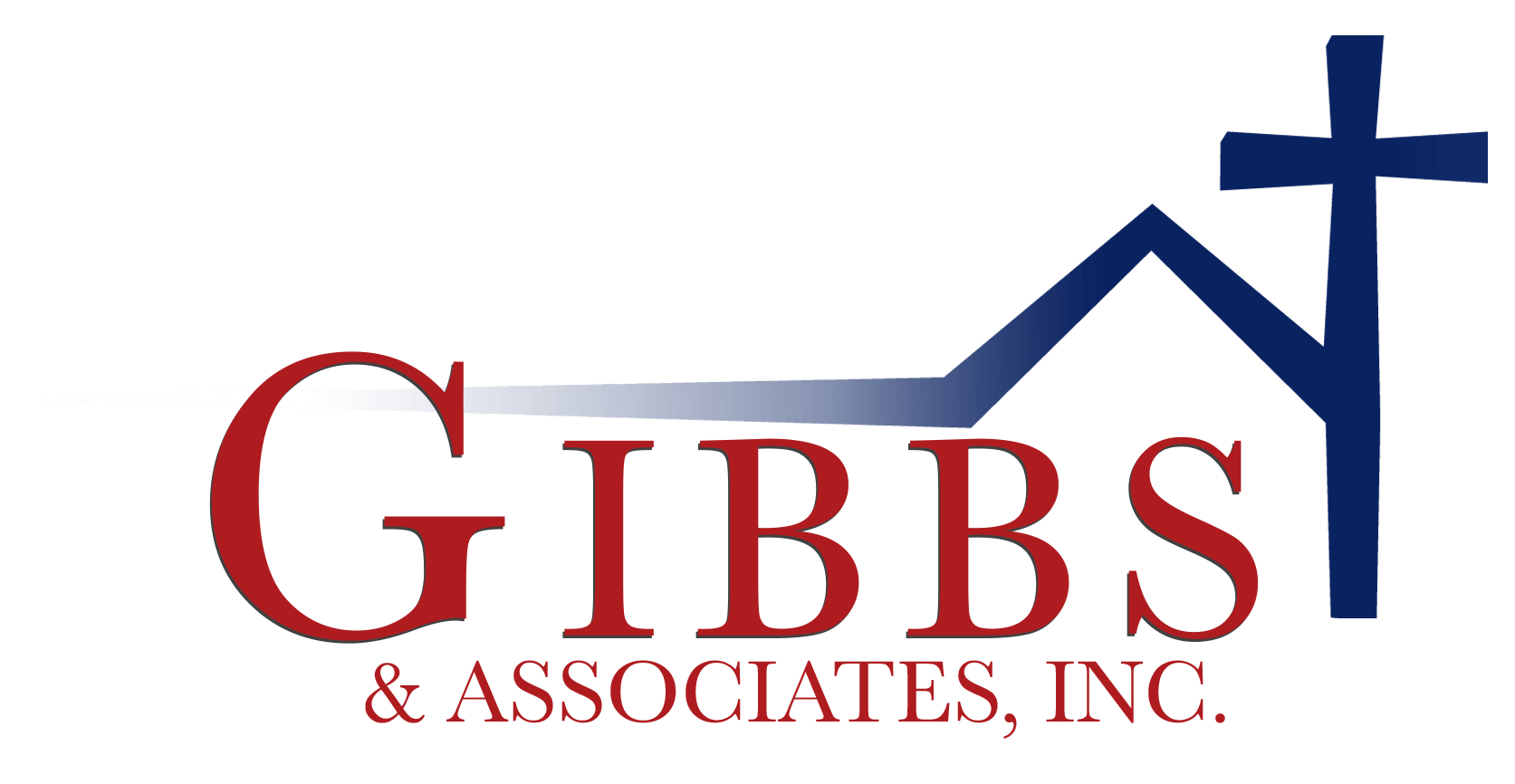How To Assess and Evaluate Property Risks for Your Church: A Comprehensive Checklist
How To Assess and Evaluate Property Risks for Your Church
Property insurance plays a vital role in safeguarding church properties against potential risks such as natural disasters, fires, or theft. However, to make informed decisions when selecting the right property insurance policies, church leaders must effectively identify and evaluate these risks. Evaluating property risks can seem like a daunting task, but by following a systematic approach, you can secure the protection your church needs to continue serving your community without unforeseen financial obstacles.
In this comprehensive checklist, we will guide you through the process of identifying and evaluating property risks for your church, helping you make informed decisions when selecting property insurance policies. By understanding the various factors that contribute to these risks and assessing your organization's vulnerabilities, you can confidently secure appropriate coverage to safeguard your church's future. As you work through the checklist, remember that every church is unique, and it's essential to consider your specific facilities, operations, and resources to obtain a clear picture of your property risks.
1. Inspecting Building Exteriors and Structural Elements
The first step in assessing property risks for your church is to conduct a thorough inspection of the building exteriors and structural elements. Your objective is to identify potential hazards, maintenance issues, and vulnerabilities that could impact your property's safety and value.
1.1. Roof Condition:
Inspect your church's roof for any signs of damage or wear, such as missing or broken shingles, sagging, or water damage. A compromised roof can result in leaks or even structural damage to your property during severe weather.
1.2. Gutter System:
Ensure that your gutter system is free from debris, properly secured, and functioning as intended. Faulty gutters can cause water damage to your property's exterior and foundation.
1.3. Structural Components:
Examine the walls, foundation, and support beams of your church for any visible signs of cracks, damage, or deformities that may indicate potential issues or weaknesses.
1.4. Exterior Cladding:
Inspect your building's exterior cladding (such as brick, stone, or siding) for signs of wear, damage, or deterioration. Damaged cladding can compromise your property's insulation and structural integrity.
2. Evaluating Interior Conditions and Maintenance
In addition to building exteriors, assessing the interior conditions of your church is crucial in determining your property risks.
2.1. Electrical and Plumbing Systems:
Old or poorly maintained electrical wiring and plumbing systems can pose significant safety hazards. Consult with a professional to ensure these systems meet current building codes and safety standards. Also, examine these systems for signs of wear or damage and schedule regular maintenance to minimize the risk of accidents.
2.2. Heating, Ventilation, and Air Conditioning (HVAC) Systems:
An inefficient or malfunctioning HVAC system can impact your church's energy consumption and overall safety. Regularly inspect and maintain your HVAC systems, replacing filters and ensuring optimal functionality
2.3. Fire Protection Systems:
Ensure that your church is equipped with functional fire detection and suppression systems, such as smoke alarms, sprinklers, and fire extinguishers. Regularly maintain and test these systems to ensure optimal performance in case of emergencies.
3. Assessing Natural Disaster Risks
3.1. Flood Risks:
Is your church located in a flood-prone area? If so, assessing the likelihood of flooding and obtaining appropriate flood insurance coverage is critical. Speak with an experienced insurance provider like Church Insurance Man, who specializes in serving churches in Georgia, to determine your specific flood risks and appropriate coverage levels.
3.2. Tornado and Windstorm Risks:
Tornadoes and windstorms pose a significant threat to church properties in Georgia. Evaluate your church's location and bolster resistance capabilities by reinforcing roofing materials, windows, and doors. Your insurance provider can also help you select the appropriate coverage to protect your property from windstorm damage.
3.3. Earthquake Risks:
Though less common in Georgia, earthquakes can still pose a risk to church properties. Examine your area's susceptibility to earthquakes and assess your property's structural integrity, considering the potential impact of this rare event.
4. Evaluating Security Measures and Protection Against Theft
Your church may house valuable items, such as audiovisual equipment, religious artifacts, and computers, making it essential to protect your property against theft.
4.1. Locks and Access Points:
Ensure that all exterior doors and windows have appropriate locks installed. Also, limit access to areas with valuable items to authorized personnel only.
4.2. Security System:
Consider installing a security system to monitor and protect your church property. Features such as alarm systems, video surveillance, and motion sensors can significantly deter potential thieves.
4.3. Lighting:
Make sure that your church's exterior has sufficient lighting to discourage trespassing and theft. Illuminate parking lots, entryways, and other vulnerable areas.
4.4. Emergency Preparedness Plan:
Develop an emergency preparedness plan, including provisions for theft or break-ins. This plan should outline the steps staff and volunteers should take in case of an incident, such as contacting law enforcement and insurance providers.
5. Adopting a Proactive Maintenance Approach
Regular maintenance is essential in mitigating property risks and potentially preventing costly repairs or insurance claims.
5.1. Schedule Routine Inspections:
Establish a schedule for regular property inspections, addressing both interior and exterior elements. Conduct these inspections quarterly or semiannually, depending on your church's needs.
5.2. Establish a Maintenance Budget:
Allocate funds in your church's annual budget specifically devoted to property maintenance and repair. A proactive maintenance approach can help prevent small issues from escalating into more significant problems.
5.3. Utilize Expert Resources:
Engage professional services for specialized inspections and maintenance, such as those related to HVAC systems, electrical wiring, and plumbing. These experts can identify potential risks and address them before they worsen.
By following this comprehensive checklist, you can thoroughly assess and evaluate the property risks facing your church, enabling you to make informed decisions when selecting the appropriate insurance policies. As you navigate this process, consult with a
trusted insurance provider who specializes in serving churches in Georgia, to ensure your organization is comprehensively protected against various property risks.
Securing Comprehensive Property Insurance for Your Georgia Church
Assessing and evaluating property risks for your church is crucial for determining the appropriate insurance coverage to safeguard your organization's assets and mission. With this comprehensive checklist, you can proactively identify and mitigate potential hazards, bolstering your property's resilience against various risks.
Having appropriate property insurance not only provides financial protection for your organization but also offers peace of mind, knowing that your church's facilities are secured against unforeseen setbacks. Whether it's mitigating flood risks, securing the building exteriors, or maintaining critical systems, an informed and strategic approach to risk assessment will help you choose the
best insurance policies for your church in Georgia.
It's crucial to involve an
expert insurance provider like Church Insurance Man when selecting property insurance policies. They understand the unique challenges faced by religious organizations within the Georgia community and provide comprehensive insurance services tailored to your specific needs. Contact Church Insurance Man and discuss your property risk assessment findings, allowing their experienced team to guide you toward the most effective property insurance solutions for your church.
Empowered with the right
property insurance coverage, your church can focus on fulfilling its mission, serving your congregation, and continuing to make a positive impact on the Georgia community.

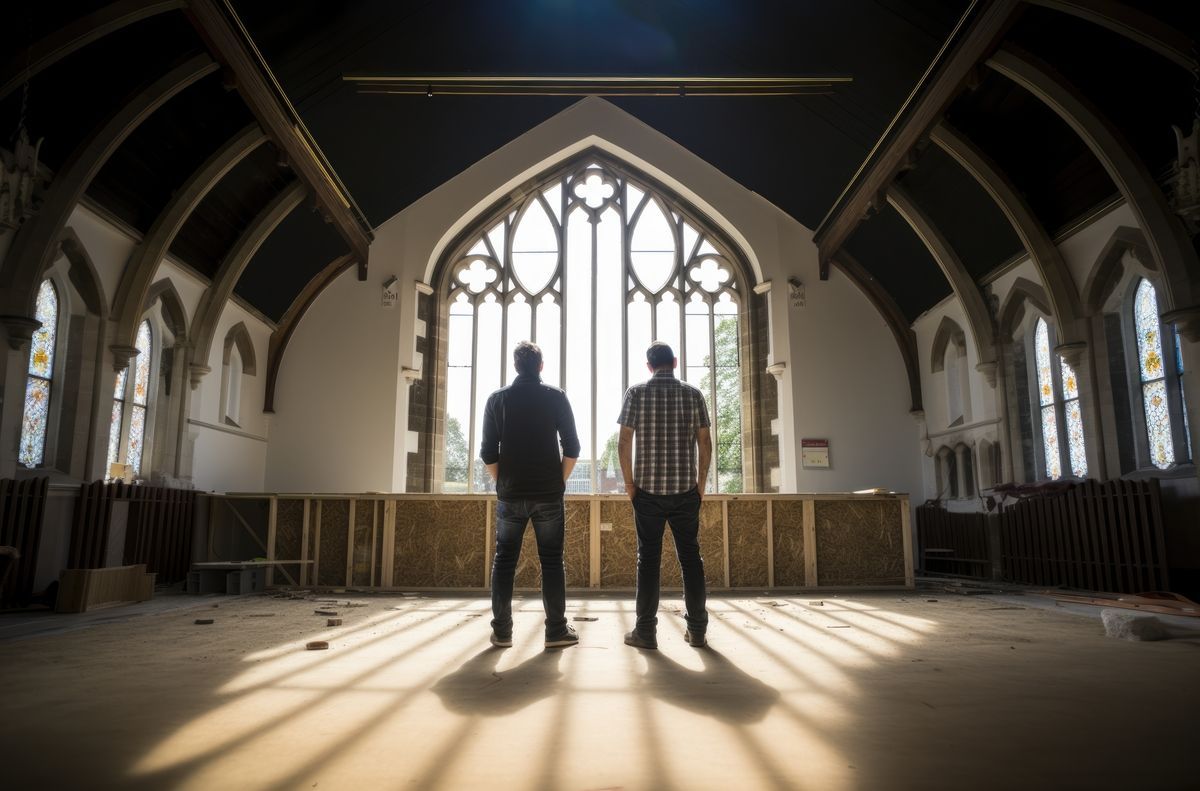
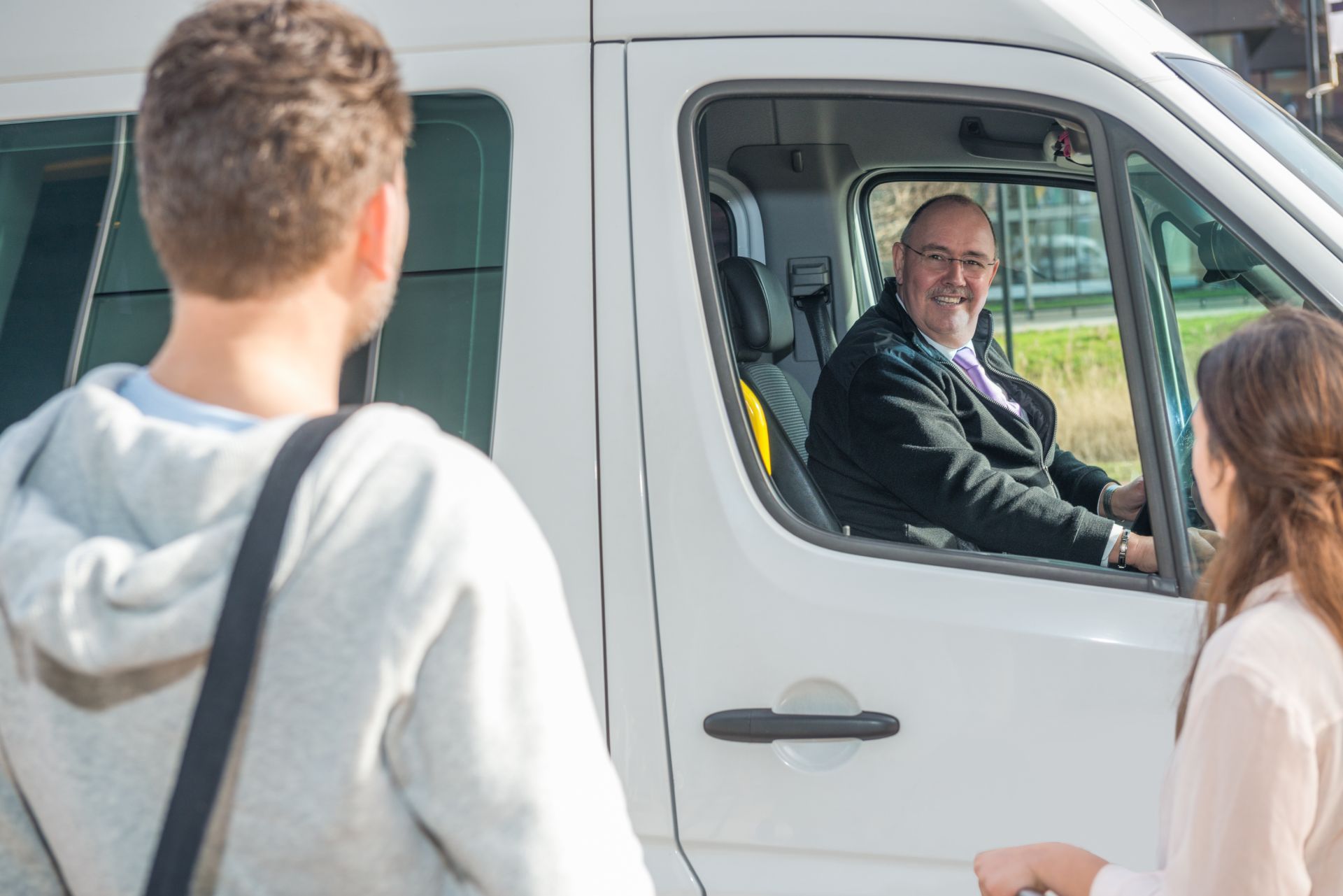


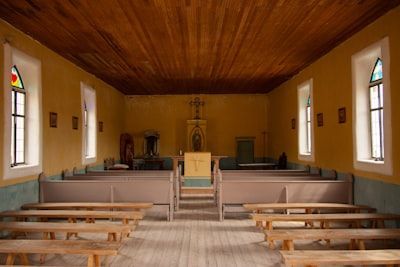
Preventing Theft Is Paramount
The main idea with higher deductibles is that it incentivizes you to take the proper actions to minimize the potential harm that may come to your property. As such, higher deductibles help you think about ways to sustainably prevent negative situations from forming and occurring within your property. That is why organizational leaders should take great care to implement proper security protocols. Your place of worship or care must comprehensively plan for crime and other property damage instances and minimize them from taking place.
- Watch the entrances. The first and simple step is to minimize the entry points into your church or other facilities. You want to make sure that there are just a few places to enter and exit to minimize hassles on your end.
- Document those who come and go. It is best to understand who is coming and going within your church or other facilities. The more information you have, the better it is for you in adverse situations.
- Have trusted volunteers who roam the facility during large gatherings. You want to make sure that you have a cohort of trustworthy who hover around different key areas during large gatherings and celebrations to enforce security standards in a relaxed manner.
- Minimize cash concentration on-premises. There's a saying that you should not tempt fate. That is a genuine possibility if you keep a concentrated portion of cash within your facility. Those who seek to conduct an extraction operation will have more incentives to perform a heist on your property.
- Provide regular access to trustworthy people. Everyone shouldn't have regular entrance access. Keep your life simple by providing limited access during off-hours.
These principles and tips will help you to minimize issues taking place on your property.
Common Church Theft and Vandalism Risks
Creating A Secure Environment For Parishioners
General Liability Coverage for Churches
Preventing Liability Risks in Churches
The best action is preventative and not reactive. Do your best to implement standards and protocols that minimize the potential situation that risks present to your church.
For instance, if you are cleaning the church, make sure to have signs that state you are cleaning. As such, you are indicating that cleaning is happening, and floors may be wet.
Further, you want to make sure that you have signs present around the facility that show people to be careful in a specific situation. Classic safety measures such as smoke detectors and safety systems, in general, will be crucial and necessary as well.
In addition, more nonprofit organizations are optimizing their buildings to make it accessible for disabled peoples. More organizations also endeavor to check their places frequently and make sure everything is up to par while also keeping emergency supplies like first aid kits on their premises.
There is quite a bit you can do to take a preventive strategy within your organization and minimize your potential liabilities. If you require further assistance with your insurance policies and would like to have more information about the steps you can take to improve your overall situation, reach out to us. We will be pleased to find the best solution for your needs and provide the insurance services that your church requires.
Insurance Packages for Churches In Georgia
Make sure that your church is protected. Learn more about our insurance services for churches in Georgia, including umbrella liability, business automotive, and church packages to protect your organization. Contact us today to chat about how we can help your church obtain great coverage to safeguard your ministry.
Get a Quote
Get a Quote
We will get back to you as soon as possible.
Please try again later.
